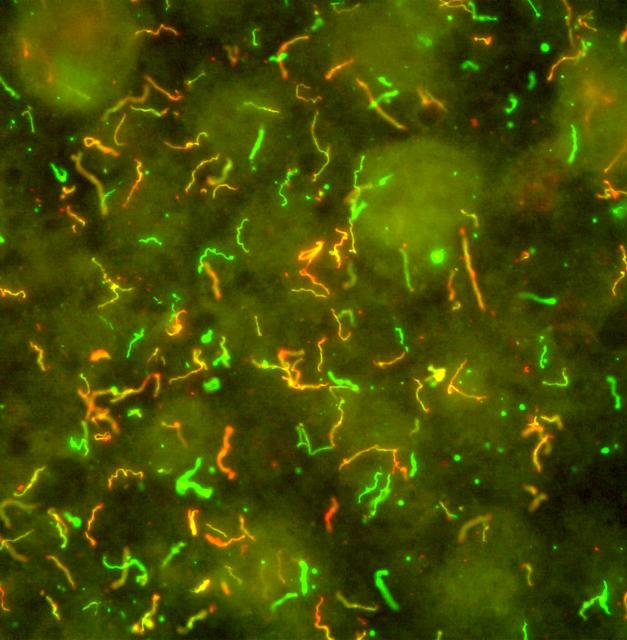One of the tactics of snake-oil salesmen is to fearmonger about mainstream medical practices so as to scare potential customers into their clutches. A common target of such fearmongering is vaccines. Vaccine are an easy target – they are generally required by the government to some degree, and involve sticking small children with needles and injecting them with a cocktail that parents often don’t understand in detail.
While vaccines are of clear benefit, no one argues that they are risk free. There are rare serious complications. For this reason the US established the NVIC – National Vaccine Injury Compensation program. This is funded by a small tax on each vaccine, and is designed to compensate families of children who have a possible reaction to vaccines, bypassing the slow and costly regular court system. The NVIC works well.
The goal of the NVIC is not to determine scientifically if there is a link between a particular vaccine and a particular side effect. That is determined by the scientific community. Rather, the NVIC’s charge is to determine if “compensation is appropriate” in specific cases. They also give the benefit of the doubt to the families.
In many cases families do not have to prove that a vaccine caused a specific injury, only that their child had a certain medical outcome within a specific time frame of being vaccinated. Further, certain outcomes are considered “table injuries,” meaning that all the family has to do is establish that the child has the condition and the onset was within a certain window after getting a vaccine, and then compensation is automatic.
What this means is that there is a steady stream of families being compensated by the NVIC as a matter of course, even if there isn’t a single actual vaccine injury. Children get vaccinated, and children get sick, and sometimes these two things happen in sequence by chance alone. There is likely also rare reactions to vaccines, and there is no way to separate these two groups, so the NVIC just compensates everyone.
The NVIC, however, provides a constant source of raw material for vaccine fearmongers. Social media and the internet also mean that these cases can be passed around over and over again, rising from the dead even after they have been repeatedly explained by more sober sources. Most people don’t let pesky facts get in the way of a good story.
The usual suspects, such as Natural News, are again pushing the story of Ryan Mojabi (anti-vaccine reporter David Kirby exploited this case earlier in the year). Ryan developed encephalitis within 5-15 days after the MMR, and has permanent neurological injury as a result. This is a table injury, and so was deemed “appropriate for compensation.” Natural News, however, is reporting that:
…but the federal government’s kangaroo “vaccine court” has once again conceded, albeit quietly, that the combination measles, mumps and rubella (MMR) vaccine does, indeed, cause autism.
No they didn’t. They did not even rule that the MMR causes Ryan’s injury, only that compensation is appropriate under their rules. Further, Ryan did not have autism. He had encephalitis (inflammation of the brain) which caused brain injury. This can cause symptoms which superficially might resemble autism (to a non-expert), but it’s not autism.
Natural News is further reporting this as a vindication of Andrew Wakefield, when it is nothing of the sort. Wakefield’s faked science remains utterly discredited.
Also absent from the fearmongering articles are the real facts surrounding encephalitis, measles, and vaccines.
Childhood encephalitis is most often caused by viral infections. The real question with regard to vaccines is this – is there any statistical association between vaccines and the risk of encephalitis? The answer to that question is probably no. A review of cases from 1998-2008 in California, for example, found no association at all between encephalitis and any childhood vaccine.
Further, there is a decreased risk of encephalitis among those vaccinated with MMR – because measles can cause encephalitis. Evidence shows that the incidence of one type of encephalitis, SSPE (subacute sclerosing panencephalitis) dropped sharply after the introduction of the MMR vaccine, and subsequent cases were mostly in the unvaccinated.
Conclusion
There is no clear evidence that vaccines increase the risk of encephalitis. In fact, they clearly decrease the risk of encephalitis caused by the infections they prevent. There is a net and very large advantage to being vaccinated in terms of encephalitis risk, even if we assume that cases of encephalitis occurring after vaccination were caused by the vaccination. We know statistically this cannot be true in all cases, and it is possible that it is true in no cases.
There is also sufficient evidence to show that vaccines do not cause autism. Further, encephalitis, while possibly causing brain injury, does not cause autism.
Despite all of these facts, some antivaccinationists continue to exploit individual cases of the NVIC compensating encephalitis as a table injury as an alleged admission that vaccines cause autism. Every link in this chain of argument is false.

